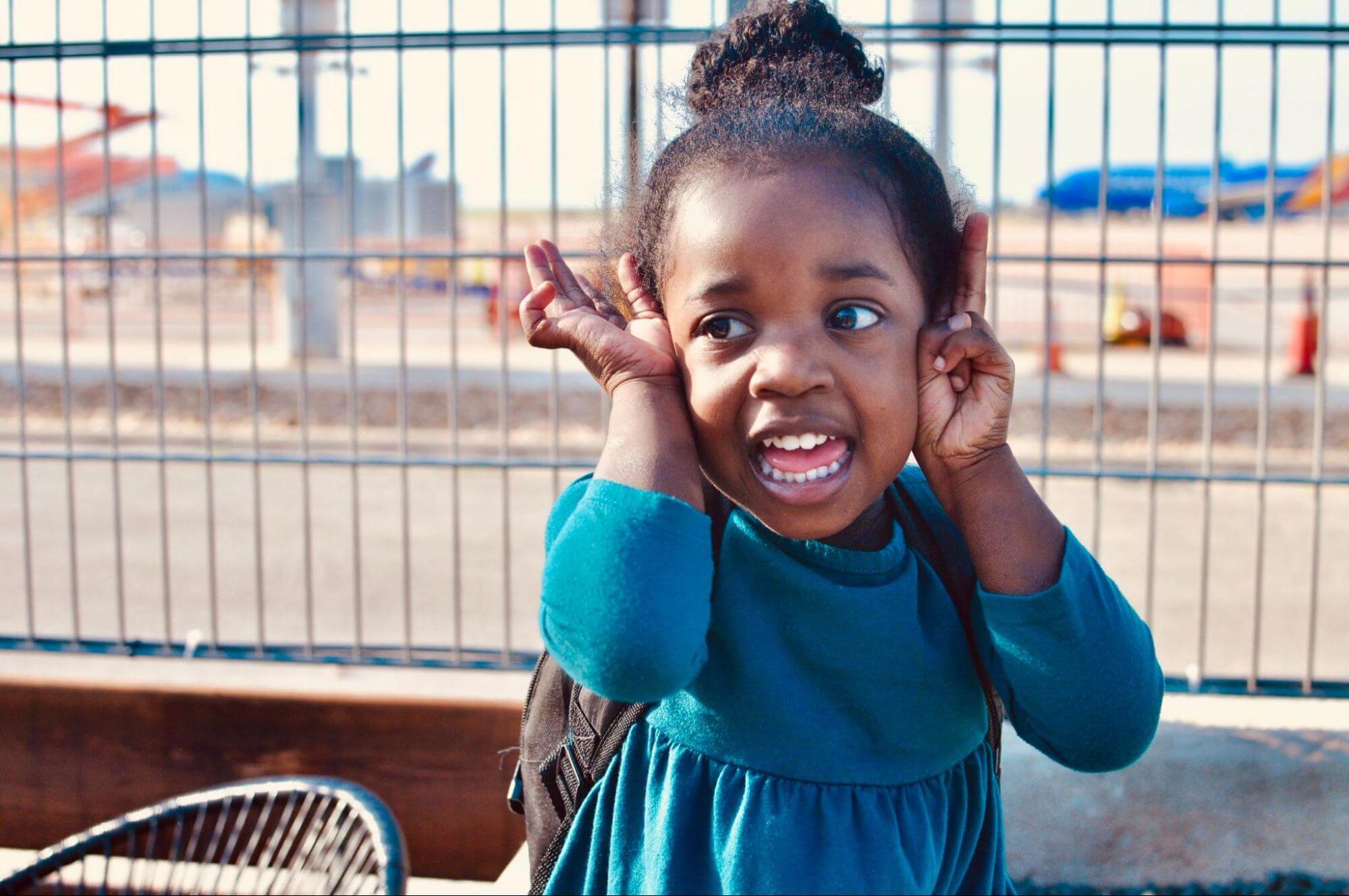While every child is unique and special, most children demonstrate specific skills or tasks by a certain age. These “developmental milestones” cover everything from physical growth, cognitive and language development, to social and motor development. Smiling for the first time, looking at your face, waving “bye-bye,” crawling, and taking the first step are all considered developmental milestones.
Why are developmental milestones important?
Developmental milestones are important markers to help you track your child’s developmental health. These milestones are used by parents, pediatricians, and many other care providers to ensure that your child is developing as expected, and can help identify and address delayed development to facilitate early interventions.
"Milestones are categorized around five major areas: physical growth, cognitive development, emotional and social development, language development, and sensory and motor development," explains Cari Whitlock, Licensed Clinical Psychologist and Neuropsychologist at Healthy Young Minds. "Milestones help you understand how your child learns and grows, and delays in any of these areas can result in mild to severe struggles at home and school. Proper assessment can lead to services that help your child reach their full potential."
How to track a 3 year old’s developmental milestones
Many pediatricians work from standardized forms to assess and track your child’s developmental milestones. As a parent, it’s important to keep track of the skills your child exhibits as they grow, since you are most familiar and involved in their day-to-day care. There are multiple tracking apps out there, including the Milestone Tracker App from the Center for Disease Control (CDC).
Child Development Milestones: 3 Years
Cognitive milestones |
|
Physical milestones |
|
Language milestones |
|
Social emotional milestones |
|
What are the cognitive milestones for a 3 year old?
At this age, your child’s emotional range expands, thanks to their vivid imagination and thinking skills. Your child problem-solves in everyday functional activities; for example, they will avoid touching hot objects when you give them a warning (stove, furnace). You will notice that your child is starting to understand and use more concepts like time and opposites (morning/night, open/close). Your child is sorting objects and matching shapes and colors. With your help, they can draw basic shapes like circles on paper.
What are the physical milestones for a 3 year old?
Your child’s fine motor skills, which involve precise hand and finger movements, are an important physical development for your three year old. You’ll notice your child strings items together, like large beads or macaroni, drawing squares and circles, using safety scissors, and drawing a person with two to four body parts. At this age, your child can run and will fall less. You’ll observe your child starting to walk up and down stairs on their own. Your child is better at kicking and catching a ball and may stand on one foot for a few seconds.
What are the speech and language milestones for a 3 year old?
At this age, your child talks with you in conversation using at least two back-and-forth exchanges. Children at this age can usually use sentences containing three to five words and try to tell a simple story. They will ask ‘who,’ ‘what,’ ‘where,’ and ‘why’ questions (“where is the cat?”). Your child will say their first name when asked and talks clearly enough for others to understand most of the time.
What are the social and emotional milestones for a 3 year old?
Age three is very important for emotional development. Your child continues to feel big emotions and temper tantrums are still considered normal. You’ll notice your child may start to understand how their behavior affects others and how your behavior affects them. Your child won’t have as much separation anxiety and will calm down within several minutes after you leave (dropping them off at preschool). Your child will join other children to play and enjoy pretend play together.
What if my child is not meeting milestones?
No one knows your child better than you. Always trust your gut. If your child is not meeting age-appropriate milestones, talk to your pediatrician.
Learn more about when you should worry about missing developmental milestones.
